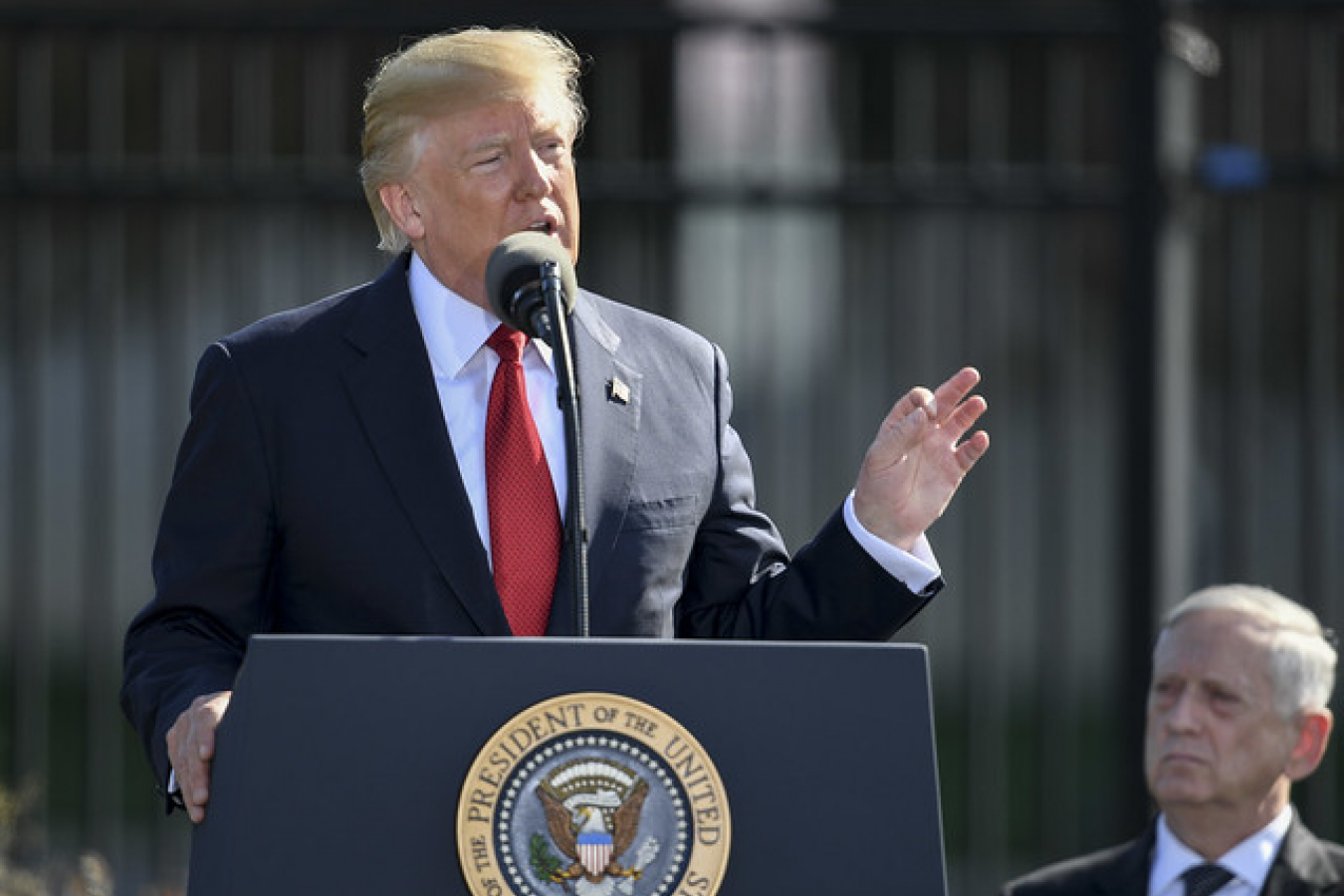Sanwar Ali comment:
It is now a requirement for most US visa applications that you need to provide your social media account names. Presumably this will lead to even more delays and more refusals of US visa applications. This decision has been a top US visa related news story for about the last month. It has been said that in reality the US has been vetting social media accounts for some time anyway.
The US Department of State (DOS) has started checking the social media profiles of US F1 student visa applicants, according to reports. Following an announcement made by the Trump administration that US visa applicants would be subject to social media checks as of May 31, the DOS said ‘screening social media profiles is in the interests of national security.’
However, NAFSA – Association of International Educators, argues that screening social media profiles will have a negative impact on America’s international education industry. Meanwhile, stakeholders have raised concerns that additional security checks will likely result in US visa issuing being delayed.
As of May 31, US visa applicants have been asked to disclose social media profiles on up to 20 social media platforms. The DOS insists that the checks are in the interests of national security and are in no way discriminatory.
A spokesperson for the DOS said: “National security is our top priority when adjudicating US visa applications. Every prospective traveller and immigrant to the United States undergoes extensive security screening.”
Social media networks screened for US visas
It’s understood that the current list of social media networks targeted for screening are:
|
The DOS spokesperson said that the collection of additional information helps to verify the identity of US visa applicants, while adding that additional identifiers will be added at a later date. The spokesperson did not disclose what the additional identifiers are likely to be.
In response to the DOS spokesperson’s comments, NAFSA’s deputy executive director for Public Policy, Jill Welch, said: “Requiring every immigrant and nonimmigrant applicant to provide up to five years of social media accounts, telephone numbers, and email addresses, along with travel history, is likely to stifle the flow of future international travel to the United States.”
Welch also argued that visa application and adjudication processes would get longer, resulting in huge delays. She said: “This will be particularly harmful to applicants with strict activity timelines or enrolment deadlines.”
The decision to introduce social media screening has left Welch baffled, while raising concerns about data use and privacy. She said: “There is no clear rationale presented for the change, nor any statement regarding the longer-term use, retention, or privacy protections for the information collected.”
2017 Trump executive order
The enforcement of social media screening is a result of a 2017 Executive Order signed by Trump, implementing uniform screening and vetting standards for US visa applications.
Meanwhile, Trump has announced a “bold” US immigration plan, promising to introduce a points-based system, prioritize the immediate families of US citizens and new immigrants and fully secure America’s borders.
George F. Kacenga, executive director of Global Engagement at Purdue University Northwest and president of the American International Recruitment Council, said: “If the US government wants to sweep data from these sites into its vetting process, then additional complications and delays will likely be imposed on an already complicated and lengthy process.”
“We are approaching the threshold at which international students may begin to focus more energy and interest on non-US destinations,” Kacenga added.
Questions unanswered about US visa social media vetting
Following the launch of social media vetting targeting US visa applicants, many questions remain unanswered. Kacenga questioned what terms and content will be screened and how thoroughly social media profiles will be analysed. These things will determine whether an international student will be put off from applying for a US visa, Kacenga claims.
Meanwhile, associate director of International Recruitment at Towson University and recruitment liaison for MIEC and Study Maryland, Anna Wise, questioned how the social media vetting process would affect F-1 visa applicants.
Vice president of External Affairs at InterExchange, Mark Overmann, said: “Ultimately we have to wait and see what impact this has. The social media policy will be one more ball in the visa adjudication hopper and it could be hard to pin down its actual impact.”
Workpermit.com can help with US employment-based visas
If you would like to apply for a US work visa – including L1 visas, E1 and E2 visas, B1 in lieu of H1B visas and H1B visas - WorkPermit.com can help.
WorkPermit.com is a specialist visa consultancy with more than thirty years of experience dealing with visa applications. We can help with a wide range of visa applications to your country of choice. Please feel free to contact us for further details.




